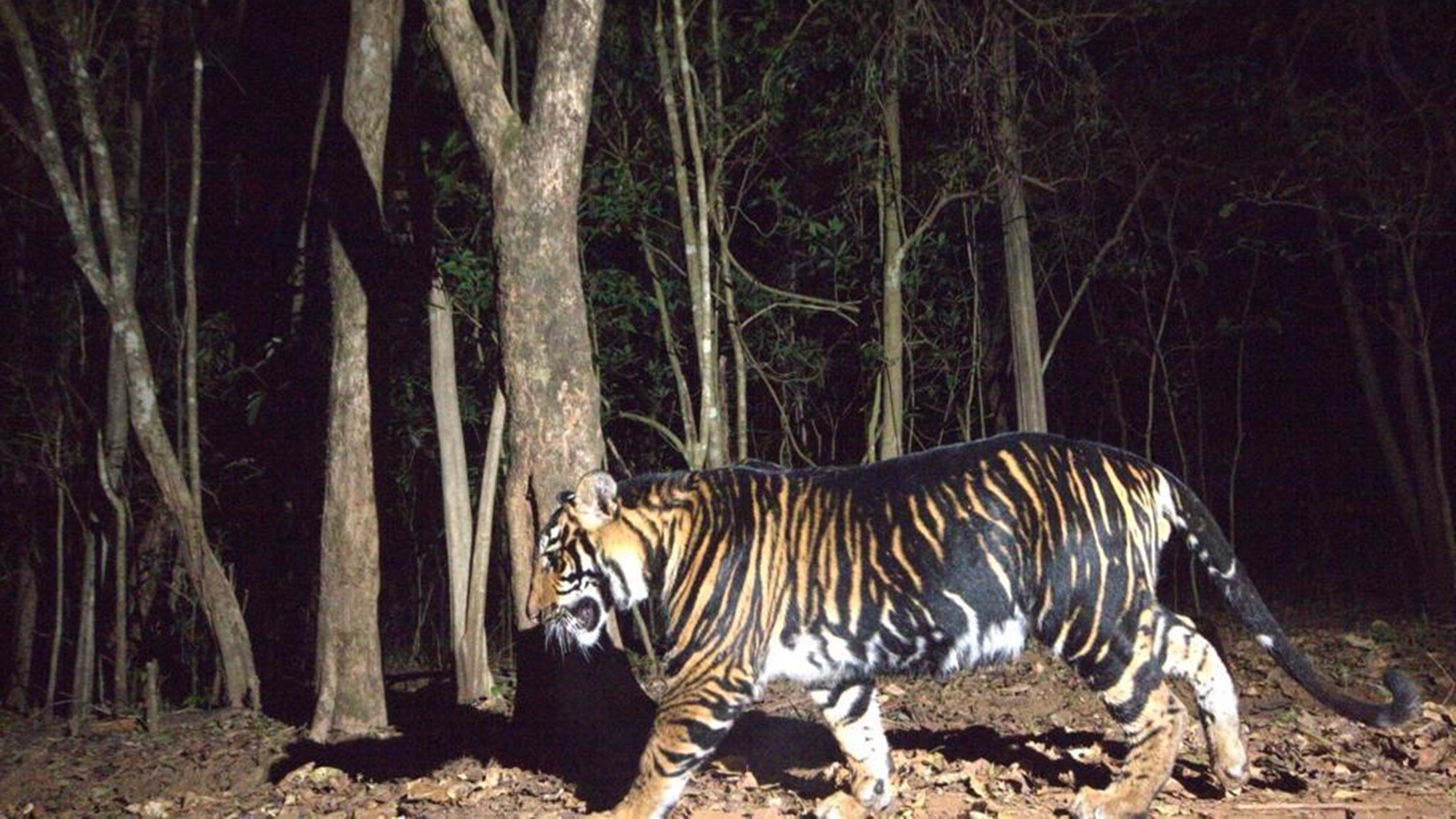Odisha is set to make history with the world’s first black tiger safari, providing a rare opportunity for tourists to witness these unique creatures. The announcement was made by Chief Minister Naveen Patnaik on X, marking a significant milestone in wildlife tourism. The safari, located near Baripada in the Mayurbhanj district, is situated just 15 kilometers away from the Similipal Tiger Reserve (STR), the exclusive habitat of the pseudomelanistic, or black, Bengal tigers.
Full Story:
The Similipal Tiger Reserve has been home to black tigers since the 1970s, with approximately one in three tigers in the reserve displaying this distinct genetic variation. These black tigers are not a separate species but rather Bengal tigers with a pseudomelanistic mutation, causing an excess of melanin in their cells. The upcoming black tiger safari, spanning approximately 200 hectares near National Highway 18, aims to showcase the beauty and rarity of these mesmerizing creatures.
Scientific American notes that the black coloration in these tigers is a result of a genetic mutation leading to an excess of melanin, the pigment responsible for coloration in animals. The STR’s tigers are pseudomelanistic, exhibiting variations in their coat, such as unusually large or merged stripes. A 2021 study identified a single gene, Transmembrane Aminopeptidase Q (taqpep), responsible for this unique coat variation. Out of 12 tigers tested, 10 carried this gene mutation, emphasizing its prevalence within the STR population.

Source: The Indian Express
However, the presence of this genetic mutation raises concerns about potential inbreeding among the STR tiger population. The study found that none of the 395 tigers outside the reserve carried the taqpep gene mutation, indicating a lack of interbreeding with tigers beyond the reserve’s boundaries. This phenomenon is classified as an autosomal recessive trait, potentially linked to habitat fragmentation caused by human activities.

Source: IFLScience
The black tiger safari, situated in proximity to the Similipal Tiger Reserve, not only aims to celebrate the uniqueness of these pseudomelanistic tigers but also sheds light on the challenges they face. The safari becomes a window into the potential issue of inbreeding, attributed to low population diversity exacerbated by habitat fragmentation. This revelation underscores the importance of conservation efforts to address the larger problem facing these magnificent creatures.
As Odisha opens its doors to the world’s first black tiger safari, it invites visitors to witness the beauty of pseudomelanistic tigers and raises awareness about the broader conservation issues these creatures confront. The initiative aligns with the state’s commitment to preserving its unique wildlife heritage and fostering a deeper understanding of the delicate balance between nature and human impact.





















































































